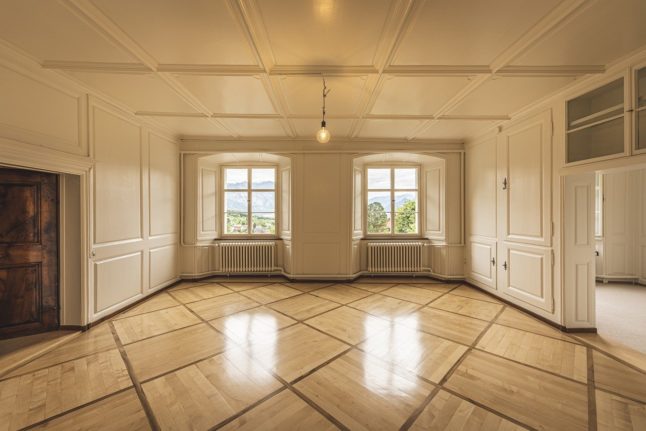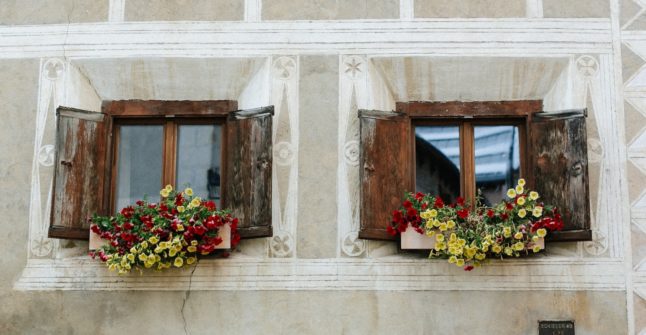The most important condition for being able to obtain a Swiss mortgage is your residency status. So the question should be not whether you qualify for a mortgage but, rather, if you can purchase property in Switzerland in the first place.
Logically, if you are allowed to buy a house or an apartment in Switzerland, then you can apply for a mortgage as well.
Who can and can’t buy a house / get a mortgage?
A citizen of an EU / EFTA state can freely purchase real estate (home or land) in Switzerland. This applies to both primary residence and holiday homes.
The same is true for third-country citizens, say US or UK nationals, who have a valid permanent residency B or C status — there are no restrictions placed on them either.
However, rules are in place for people from outside Europe who don’t have either of the two above-mentioned residency permits.
They will need a permission to purchase housing in Switzerland — a measure intended to prevent Swiss properties from falling into foreign hands.
Additionally, they can only buy a house which will be used as the primary residence — this means that they can’t buy it as an investment and rent it out.
And if you are a cross-border worker in Switzerland (G permit), you can buy a second home in the vicinity of your place of employment without authorisation. However, you are not allowed to rent out this property for as as long as you work in the region as a cross-border commuter.
Conditions are even stricter if you a foreigner living abroad — rules for such purchases are set out in a law called Lex Koller and are quite complex.
Unless you are looking to buy holiday homes in Appenzell Ausserrhoden, Bern, Freiburg, Glarus, Grisons, Jura, Lucerne, Neuchâtel, Nidwalden, Obwalden, St. Gallen, Schaffhausen, Schwyz, Ticino, Uri, Vaud and Valais, you will need a special permission as well.
READ MORE: ‘Lex Koller’: What are Switzerland’s rules for foreigners buying property?
Where can you ask for authorisation to buy a house?
If you are among those who need a special permission to own a house, you should apply for permission to cantonal authorities in the municipality where the property located.
Page 13 of this PDF document indicates contact addresses for each canton. Officials will indicate what paperwork you need to submit for consideration of your case.
What about mortgages?
Needless to say, if your application is rejected, you will not be given a mortgage either.
If it is approved, then you can apply in pretty much the same way as Swiss citizens do, though you will be asked to provide additional documents, such as your work / residency permit, for example, along with the canton’s authorisation.
From then on, it is up to you and your financial abilities to choose the mortgage that suits you best from among several types available in Switzerland, such as SARON and LIBOR mortages, which are detailed here:
EXPLAINED: What is Switzerland’s ‘SARON’ mortgage



 Please whitelist us to continue reading.
Please whitelist us to continue reading.
Member comments